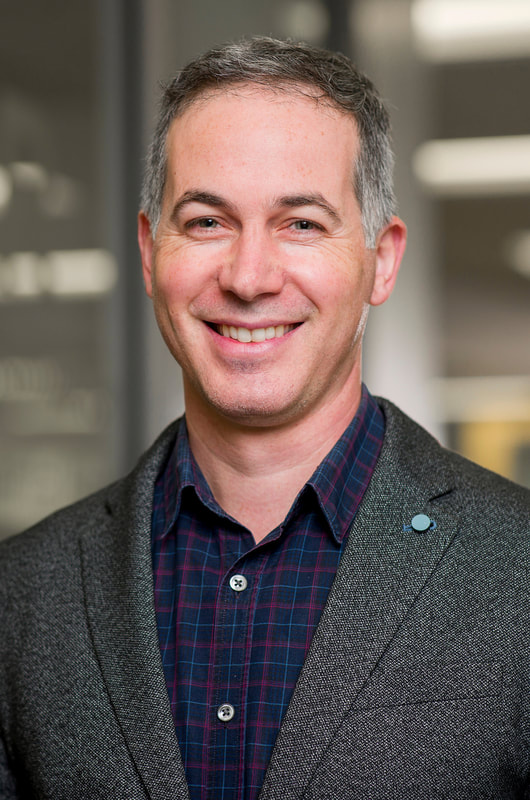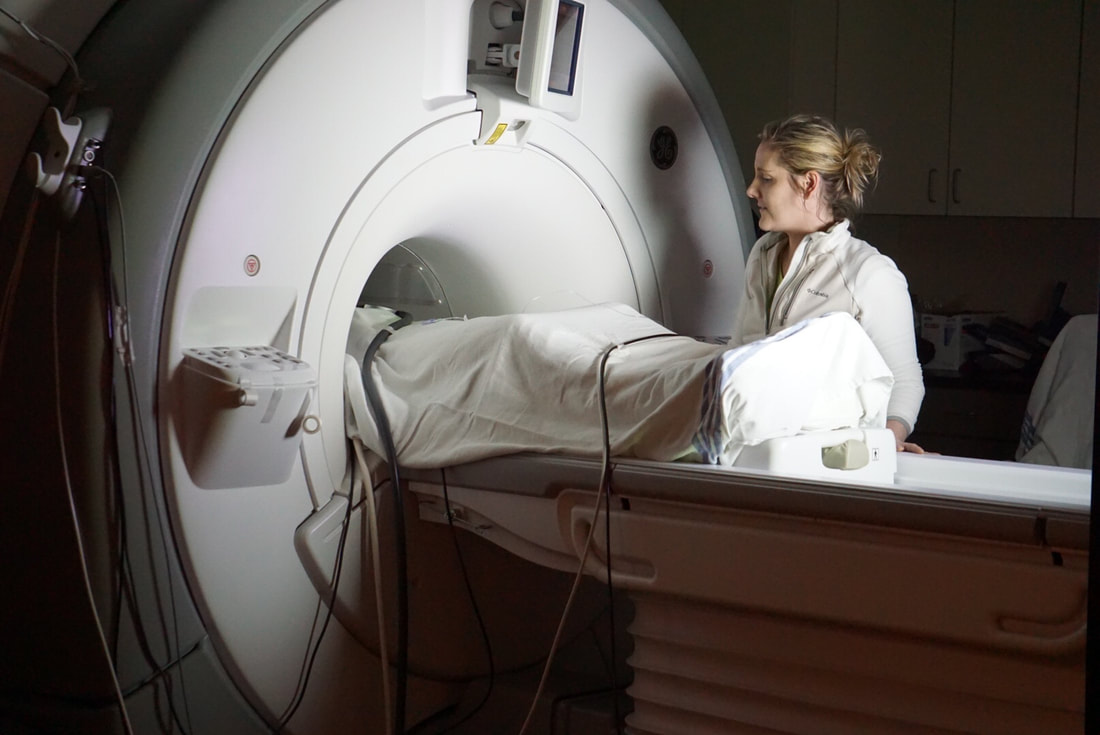The Khalsa Laboratory
Our Research ApproachDr. Khalsa’s laboratory studies the role of interoception in human health. Our research explores three main questions:
He has published over 100 peer-reviewed papers and has received research funding from the National Institute of Mental Health (NIMH), National Institute for General Medical Sciences (NIGMS), National Center for Complementary and Integrative Health (NCCIH), the NIH/National Center for Advancing Translational Science (NCATS), the Mind and Life Foundation, and the Brain and Behavior Research Foundation. His research is currently funded by the NIMH and NCCIH. |
Research Program Highlights
Main QuestionHow does the connection between brain and body determine physical and mental health?
|
ApproachUse pharmacological and non-pharmacological perturbations to influence body physiology, and evaluate how this changes bodily feelings, emotional experience, and neural activity in humans. Currently studying the heart-brain connection and gut-brain connection in individuals with eating and anxiety disorders.
|
Future DirectionsTo determine whether systematically retraining the brain body connection reduces psychopathology and could yield new therapeutics for psychiatric disorders.
|
Scientific Background
Dr. Khalsa received a bachelor’s degree in psychology with honors from SUNY Stony Brook in 2002. He graduated from the Medical Scientist Training Program at the University of Iowa, receiving M.D. and Ph.D. (neuroscience) degrees in 2009. He completed his residency training in Psychiatry at UCLA in 2013, serving as the program Chief Resident and Chief Resident in the UCLA Anxiety Disorders Clinic. He subsequently joined the department as an Assistant Professor in Residence in the Division of Adult Psychiatry at UCLA. In 2015, Dr. Khalsa joined the Laureate Institute for Brain Research in Tulsa, Oklahoma, as the Director of Clinical Studies, and as an Assistant Professor (tenure track) on the Faculty of Community Medicine at the University of Tulsa. In 2020, Dr. Khalsa became the Director of Clinical Operations, and an Associate Professor (with tenure) on the Faculty of Community Medicine at the University of Tulsa. In 2024, Dr. Khalsa became an affiliate investigator at LIBR.
Dr. Khalsa’s research investigates the role of interoception in mental and physical health, with a focus on understanding how changes in internal physiological states influence body perception and the functioning of the human nervous system. His studies utilize a variety of approaches to probe cardiovascular, respiratory, and gastrointestinal interoception including via pharmacological and non-pharmacological techniques, functional magnetic resonance imaging (fMRI), electroencephalography (EEG), and computational modeling. Central aims of this work are to discover modifiable neuroscience-based treatment targets for psychiatric disorders, to develop tests to identify these treatment targets in individual patients, and to design neuroscience-based therapies capable of ameliorating the symptoms and signs of mental illness.
Dr. Khalsa’s clinical expertise focuses on the assessment and treatment of anxiety disorders. Dr. Khalsa previously served as Associate Director of the UCLA Anxiety Disorders Clinic, supervising resident physicians in the treatment of anxiety disorders, and was an attending psychiatrist in the UCLA OCD Intensive Outpatient Program. As founding Director of the Healthy Hearts Behavioral Medicine Program, an interdisciplinary endeavor started with the UCLA Cardiac Arrhythmia Center, he specializes in treating anxiety and mood disorders in individuals with cardiac arrhythmias. Previous activities included conducting case conferences with the Laureate Psychiatric Hospital and Clinic, running psychoeducation groups with inpatients from the Laureate Eating Disorders Program, supervising diagnostic assessments of participants enrolling in clinical trials, providing safety monitoring for ongoing randomized clinical trials, and co-facilitating psychiatry resident journal clubs.
Dr. Khalsa’s research investigates the role of interoception in mental and physical health, with a focus on understanding how changes in internal physiological states influence body perception and the functioning of the human nervous system. His studies utilize a variety of approaches to probe cardiovascular, respiratory, and gastrointestinal interoception including via pharmacological and non-pharmacological techniques, functional magnetic resonance imaging (fMRI), electroencephalography (EEG), and computational modeling. Central aims of this work are to discover modifiable neuroscience-based treatment targets for psychiatric disorders, to develop tests to identify these treatment targets in individual patients, and to design neuroscience-based therapies capable of ameliorating the symptoms and signs of mental illness.
Dr. Khalsa’s clinical expertise focuses on the assessment and treatment of anxiety disorders. Dr. Khalsa previously served as Associate Director of the UCLA Anxiety Disorders Clinic, supervising resident physicians in the treatment of anxiety disorders, and was an attending psychiatrist in the UCLA OCD Intensive Outpatient Program. As founding Director of the Healthy Hearts Behavioral Medicine Program, an interdisciplinary endeavor started with the UCLA Cardiac Arrhythmia Center, he specializes in treating anxiety and mood disorders in individuals with cardiac arrhythmias. Previous activities included conducting case conferences with the Laureate Psychiatric Hospital and Clinic, running psychoeducation groups with inpatients from the Laureate Eating Disorders Program, supervising diagnostic assessments of participants enrolling in clinical trials, providing safety monitoring for ongoing randomized clinical trials, and co-facilitating psychiatry resident journal clubs.
Selected Publications
Research Collaborators
|
Olujimi Ajijola, M.D., Ph.D.
University of California - Los Angeles Armen Arevian, M.D., Ph.D.
Chorus Innovations Karl-Jürgen Bär, M.D.
University of Jena Ilona Croy, Ph.D.
University of Jena |
Paul Fletcher, M.B.B.S.
Cambridge University Rene Hurlemann, M.D., Ph.D.
University of Oldenburg Walter Kaye, M.D.
University of California - San Diego Gang Chen, Ph.D.
National Institute of Mental Health |
Scott Moseman, M.D.
Medical Director, Laureate Eating Disorders Program Kalyanam Shivkumar, M.D., Ph.D.
University of California - Los Angeles Wesley Thompson, Ph.D.
Laureate Institute for Brain Research |







